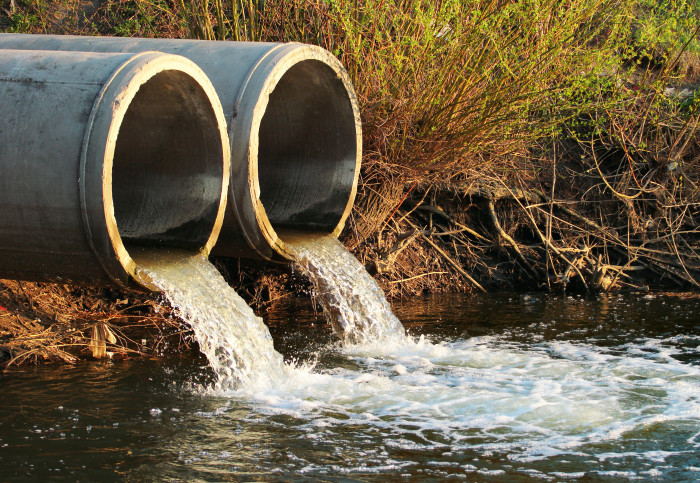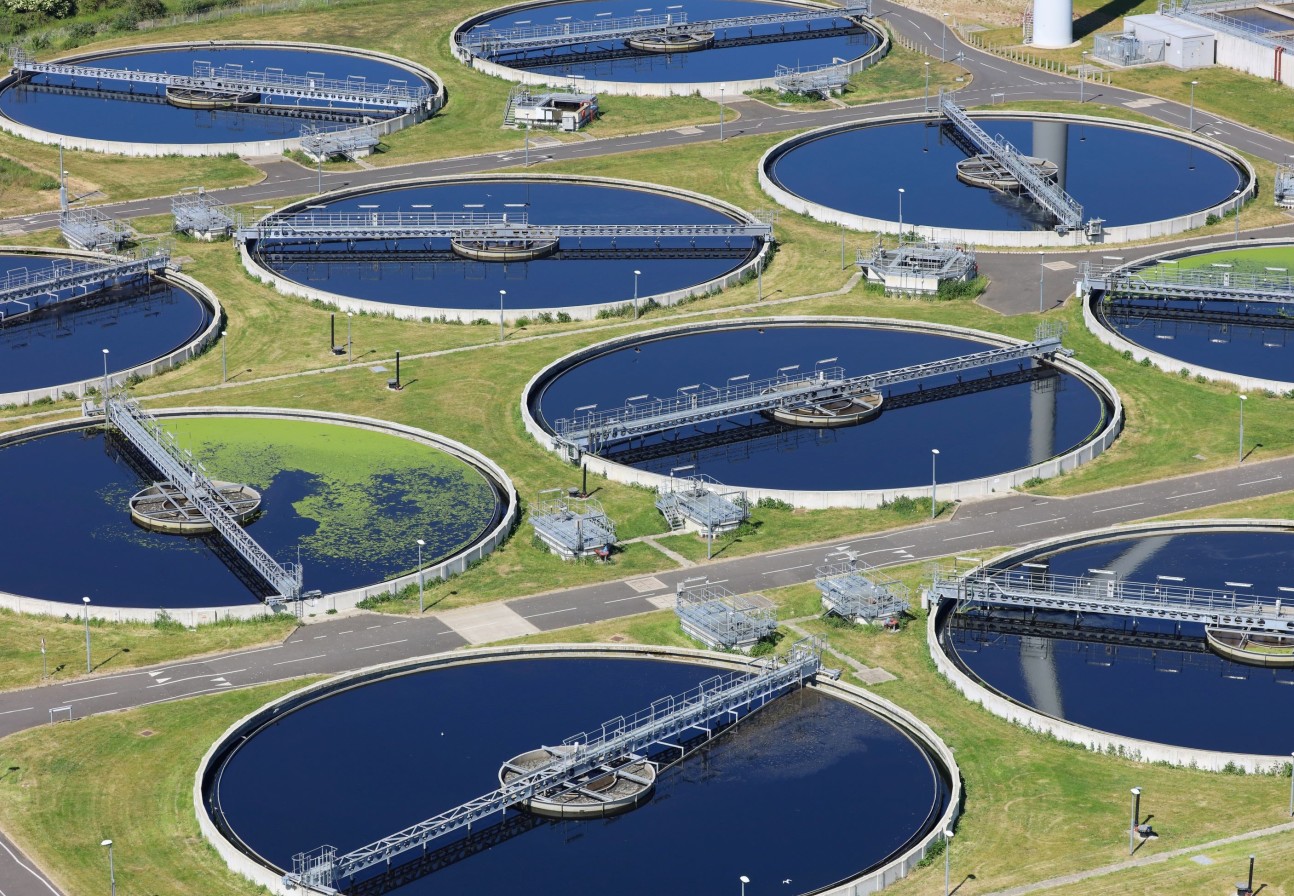Sewage overspills result from lack of infrastructure investment, research shows

The recent uptick in sewage overspill events is due to infrastructure not keeping up with demand, according to Imperial College London research.
The conclusion suggests other proposals for dealing with the problem – such as preventing blockages and separating rain and foul water – will not be enough to solve the issue of polluting sewage overspills.
It is often taken for granted but investing in infrastructure is critical to our future prosperity. Professor Nick Voulvoulis
The UK sewer system combines wastewater from domestic, commercial, and industrial activities and stormwater runoff and funnels it to Wastewater Treatment Works (WWTWs). In times of extreme flow however, such as very heavy rainfall, Combined Sewer Overflows (CSOs) may be used to discharge some of the sewage to natural watercourses before it reaches a WWTW.
There are 14,346 CSOs in England and although they have been assessed for their environmental risk, their increasing use, even in dry spells, has led many to question their role in the country’s wastewater systems. Raw sewage overspill from CSOs directly into rivers and the sea can pollute the water, especially when not used at times of high rainfall that could dilute the sewage.
These overspills can lead to environmental deterioration and present a human health hazard, for example through enteroviruses that cause gut infections, or the proliferation of antibiotic resistance. This has a knock-on effect on tourism and leisure activities like swimming and boating, as well as the consumption of seafood that can accumulate toxins and microplastics.
Data-based solutions
In response to increased use of CSOs, water companies were ordered to release data on the frequency and duration of overspill events for each CSO for the last two years. However, this raw data doesn’t explain what the cause of the increase in their use has been. Without understanding the causes of these spills, the problem cannot be tackled with appropriate solutions.
In the first analysis of this data, Imperial researchers show that most of the increase is due to WWTWs’ lack of capacity to deal with increased flows as populations have risen and industrial activities have scaled up.
 The team matched the CSO use data with the relevant WWTWs and combined this with data on their treatment capacity. This analysis shows the capacity of many WWTWs is not sufficient, even in the absence of extreme rainfall.
The team matched the CSO use data with the relevant WWTWs and combined this with data on their treatment capacity. This analysis shows the capacity of many WWTWs is not sufficient, even in the absence of extreme rainfall.
This refutes suggestions of reasons for increased CSO use that blame unpredictable weather, with changes in rainfall causing increases in wet weather runoff. The results are published in the journal Environmental Science: Water Research & Technology.
Lead researcher Professor Nick Voulvoulis, from the Centre for Environmental Policy at Imperial, said: “Our findings reveal the chronic under-capacity of the English wastewater systems as a fundamental cause behind the increased frequency and duration of CSO spills. We hope this work can help the water industry demonstrate the need for capital investment in infrastructure. It is often taken for granted but investing in infrastructure is critical to our future prosperity.”
Elephant in the room
Between 2000 and 2008 just over 1% of the sewers in England and Wales were replaced or rehabilitated. Considering that much of the infrastructure was built with a lifespan of 60-80 years, at that rate of replacement, it would take 800 years for this to happen for all the sewers in England and Wales.
First author Dr Theodoros Giakoumis, also from the Centre for Environmental Policy at Imperial, said: “Most proposals to deal with the problem of increased sewage overspills suggest ways to reduce the impact of CSO discharges instead of targeting their causes.
"The elephant in the room is that most cities have experienced population growth and wastewater system expansion, at rates that have not been matched by water infrastructure growth. This shows the need for an open discussion on water infrastructure resilience and investment, issues that perhaps most believe had already been addressed in high-income countries like the UK.”
-
‘Combined sewer overflows: relating event duration monitoring data to wastewater systems' capacity in England’ by T. Giakoumis and N. Voulvoulis is published in Environmental Science: Water Research & Technology.
Article text (excluding photos or graphics) © Imperial College London.
Photos and graphics subject to third party copyright used with permission or © Imperial College London.
Reporter
Hayley Dunning
Communications Division